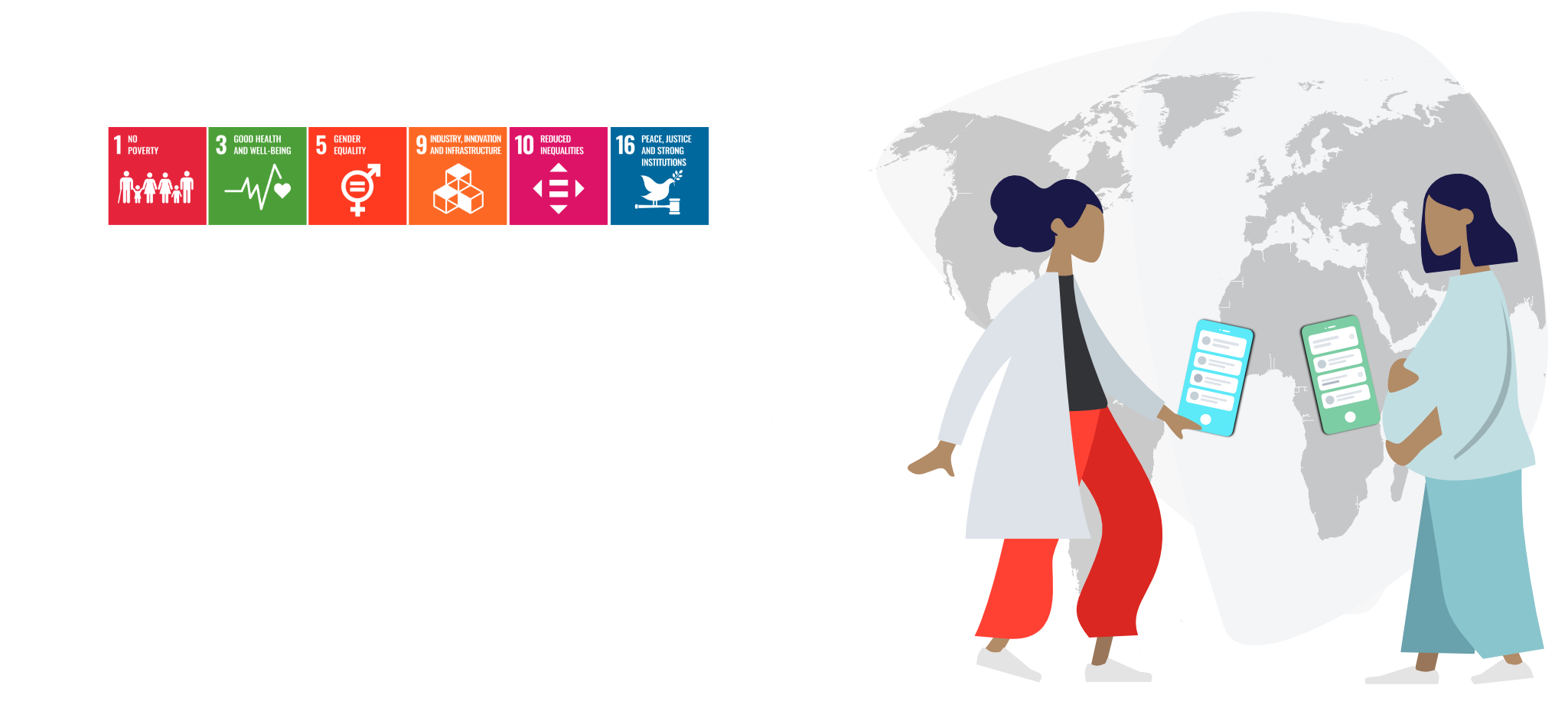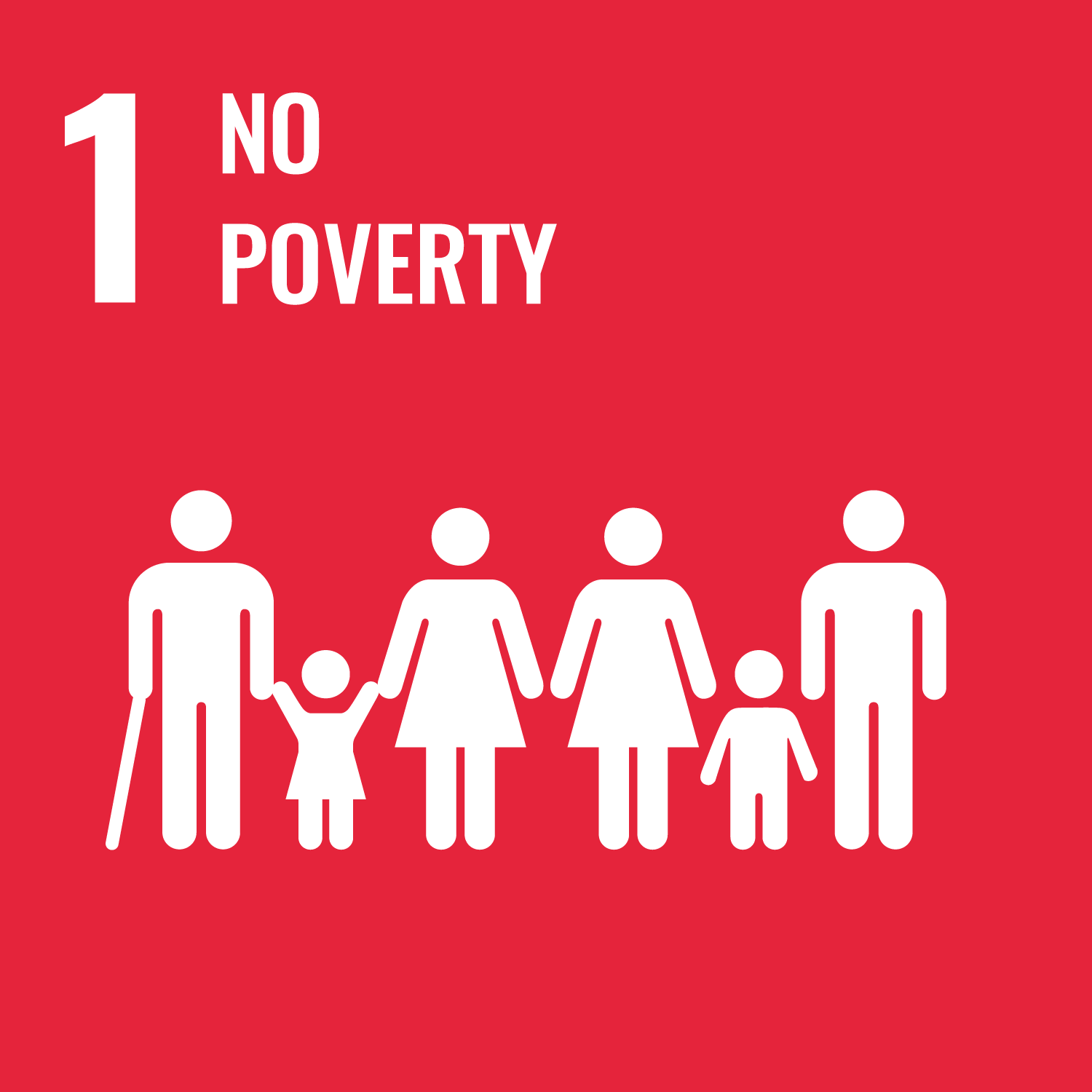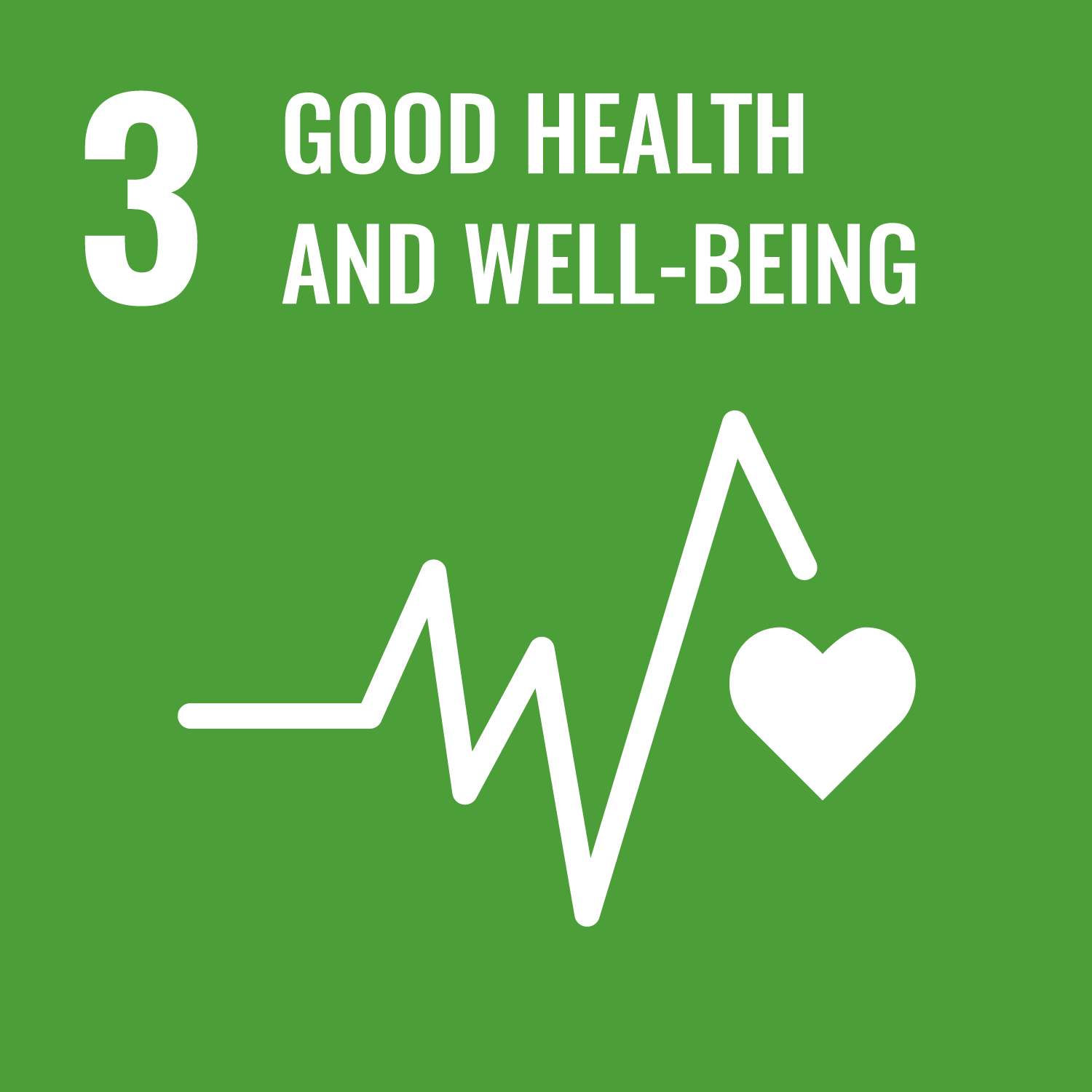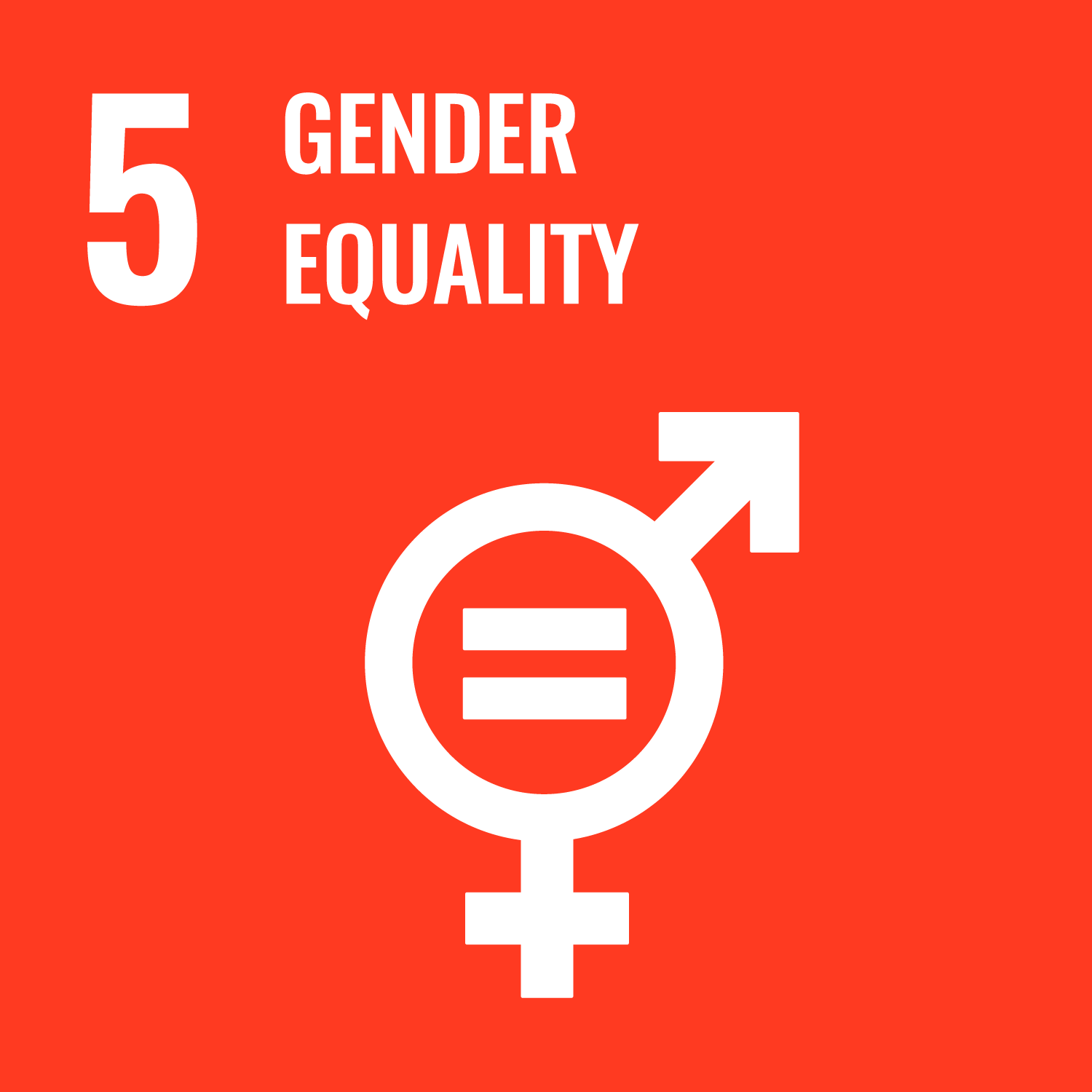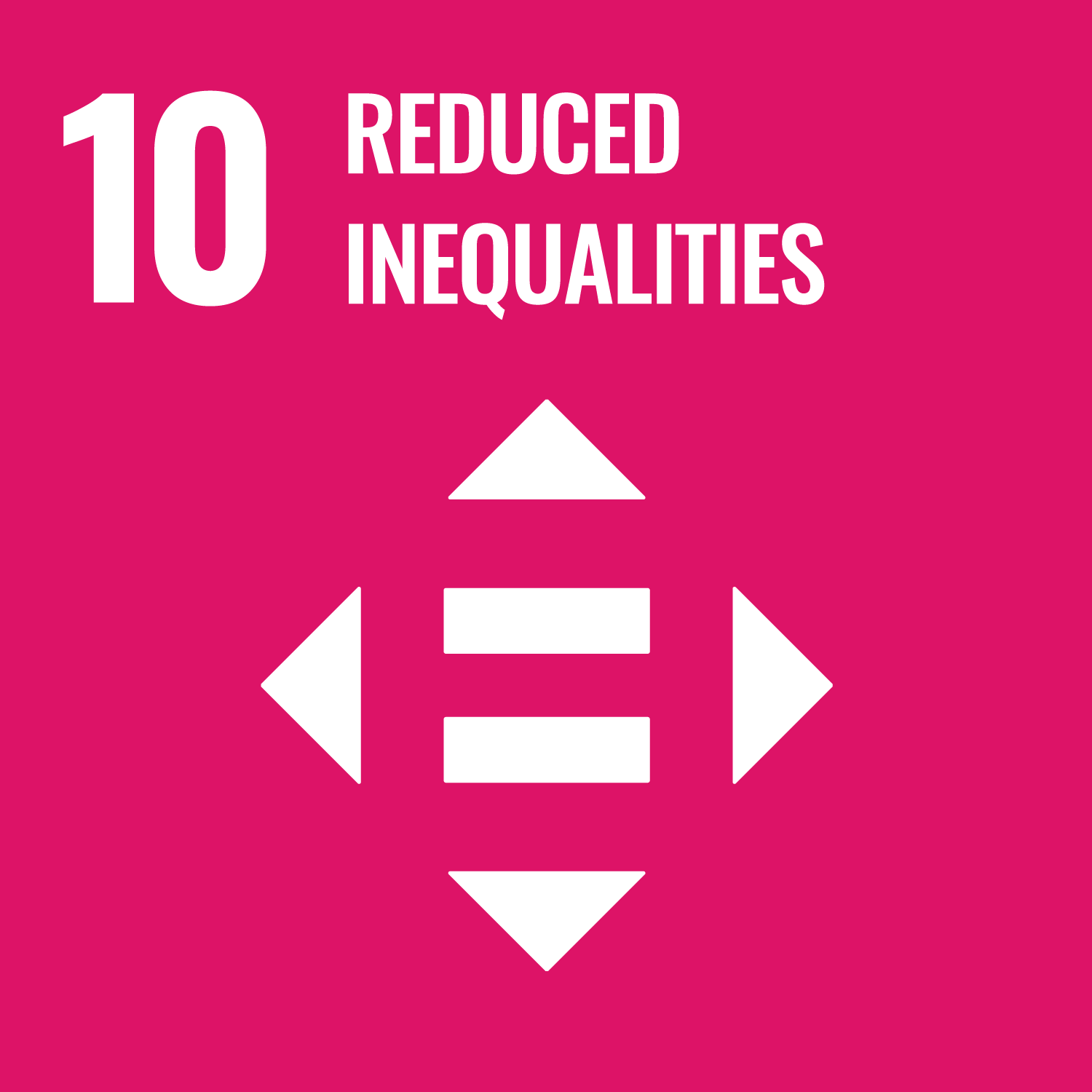SDG 9 - Build resilient infrastructure, promote inclusive and sustainable industrialization and foster innovation
Larissa.Health contributes to SDG 9 by building affordable, privacy-preserving digital infrastructure for midwifery, enabling access even in low-resource contexts. We promote inclusive, sustainable innovation by making core health technology usable for small practices and communities, not just large institutions. Our focus is resilience, interoperability, and fair access.
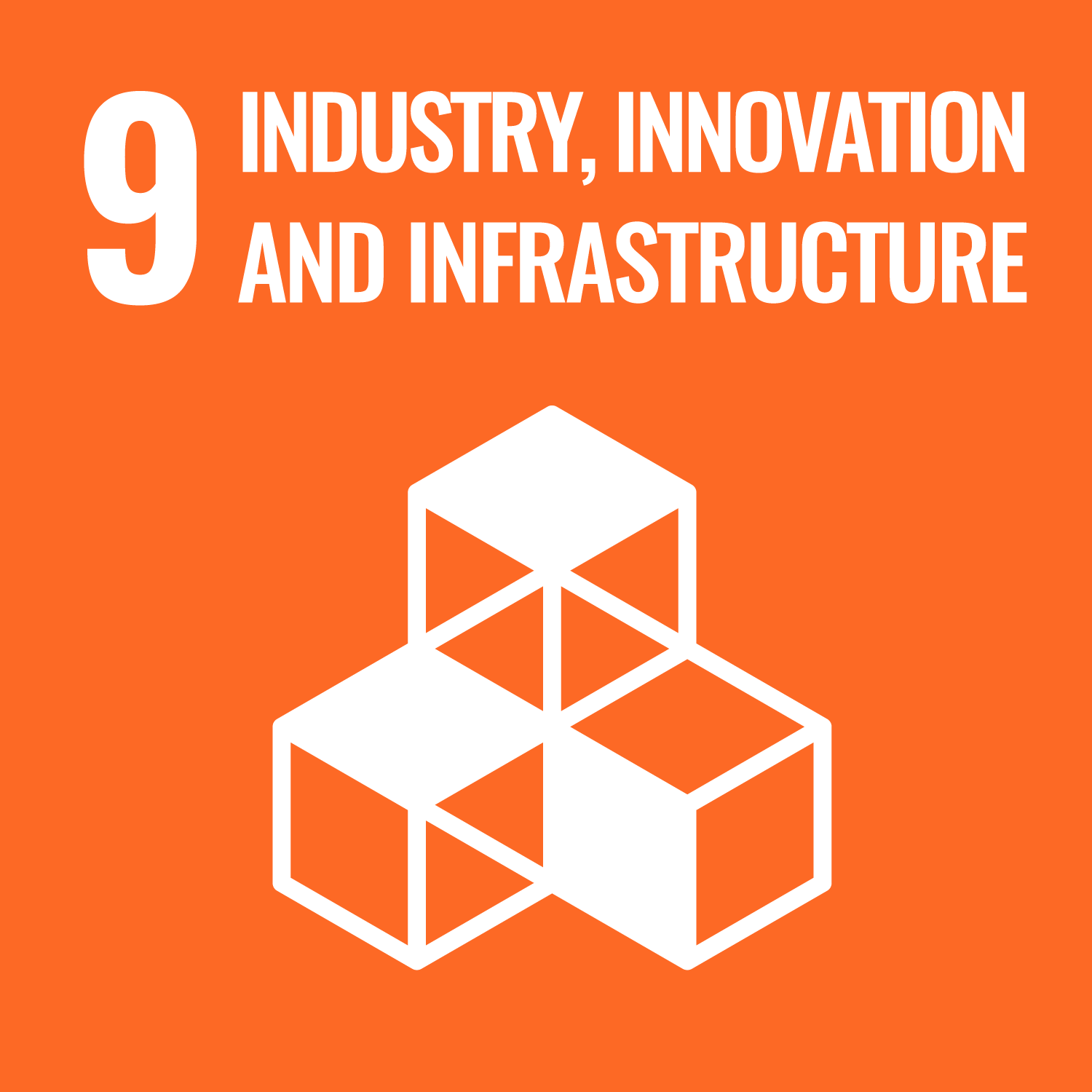
9.1 Develop quality, reliable, sustainable and resilient infrastructure, including regional and transborder infrastructure, to support economic development and human well-being, with a focus on affordable and equitable access for all
We provide digital health infrastructure that is affordable, interoperable, and designed for continuity of care, supporting equitable access to essential services.
9.3 Increase the access of small-scale industrial and other enterprises, in particular in developing countries, to financial services, including affordable credit, and their integration into value chains and markets
We enable independent midwives and small practices to access digital tools and financial linkages that help them integrate into broader health ecosystems and sustain their work.
9.5 Enhance scientific research, upgrade the technological capabilities of industrial sectors in all countries, in particular developing countries, including, by 2030, encouraging innovation and substantially increasing the number of research and development workers per 1 million people and public and private research and development spending
We align with research partners by supporting ethical use of de-identified data and by contributing to evidence on digital midwifery care, interoperability, and responsible AI.
9.a Facilitate sustainable and resilient infrastructure development in developing countries through enhanced financial, technological and technical support to African countries, least developed countries, landlocked developing countries and small island developing States
Our platform can be deployed in low-resource settings with minimal technical overhead, providing a flexible backbone for maternal and newborn health in diverse countries.
9.c Significantly increase access to information and communications technology and strive to provide universal and affordable access to the Internet in least developed countries (by 2020)
We design mobile-first, low-bandwidth solutions so that midwives and families can connect even with limited infrastructure, aligning with the goal of universal digital access.
How we translate this into outcomes
Affordable digital tools – stronger continuity of care – better integration of small practices – usable research data – connectivity in low-resource settings.
Measurement notes
Progress is tracked through platform uptake, resilience under low-bandwidth conditions, and partner research outputs. Alignment reflects contribution and methodology – not endorsement or substitution for state-led infrastructure.

